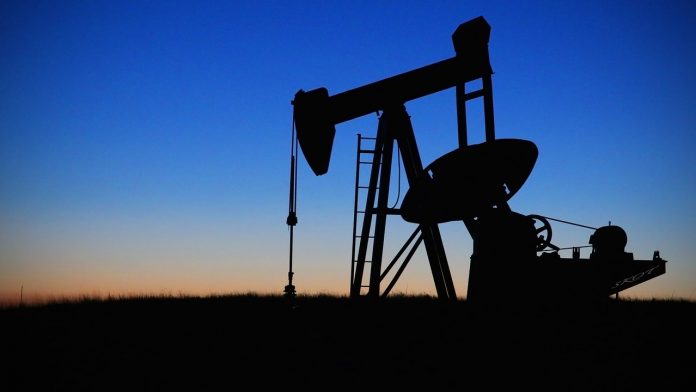Decreases in liquefied natural gas (LNG), methanol and oil production have lead to Brunei’s Gross Domestic Product (GDP) shrinking by 2.8% to BND 4.581 billion in the second quarter (Q2) of 2018.
According to statistics released by the Department of Economic Planning and Development (JPKE) yesterday, this is the first decline in GDP since the first quarter (Q1) of 2017.
Higher production and prices drove the growth of Brunei’s GDP by 2.8% for the Q1 of 2018. But in Q2, the oil and gas sector declined by 2.6% compared to the same period last year – with LNG and methanol dropping 3.5% and oil and gas mining 2.3%.
LNG production for Q2 is down from 965.2 thousand million British thermal units per day (MMBtu) last year to 880.7 thousand MMBtu per day. Crude oil is also down from 106.4 to 87.6 thousand barrels per day.
JPKE’s report did not specify the reason behind the lowered production. The decline in overall value also comes despite an increase in oil and gas prices.
Average oil prices were 49.6% higher in Q2 this year, rising from USD 51 to USD 76.4. LNG also increased 13% across the same period from USD 8.6 to USD 9.7 per MMBtu.
The report noted however that the GDP is calculated off the purchasers’ prices which factors taxes and subsidies.
The oil and gas sector continues to dominate the economy, accounting for 60.7% of gross value added (GVA) – a measure of all the goods and services produced in the Sultanate.
The non-oil and gas sector meanwhile contracted 3.0%, representing 39.3% of GVA – a decrease of BND 104.8 million compared to Q2 in 2017.
The largest relative decreases reported were in financial services (-37%), agriculture production (-16.8%), fisheries (-11.8%), hotels (-9.9%), transport (-8.4%), F&B production (-5.3%) and forestry (-4.8%).
Positive growth was recorded in the areas of electricity and water at 16%, construction at 6.5% and livestock and poultry by 3.6%.
The government’s expenditure also decreased by 5.1% to BND 979 million – corresponding to 21.4% of GDP. Household spending – which makes up 17.7% of GDP – increased by 4.6% to BND 811 million.
Unadjusted for inflation, Brunei’s highest GDP in the past two decades was recorded in 2012 at USD 19.048 billion, before dropping for four consecutive years to USD 11.401 billion in 2016, largely due to a downturn in oil and gas prices.
In 2017, Brunei’s economy recovered from the recession by posting a 1.3% growth for a GDP of USD 12.128 billion.












